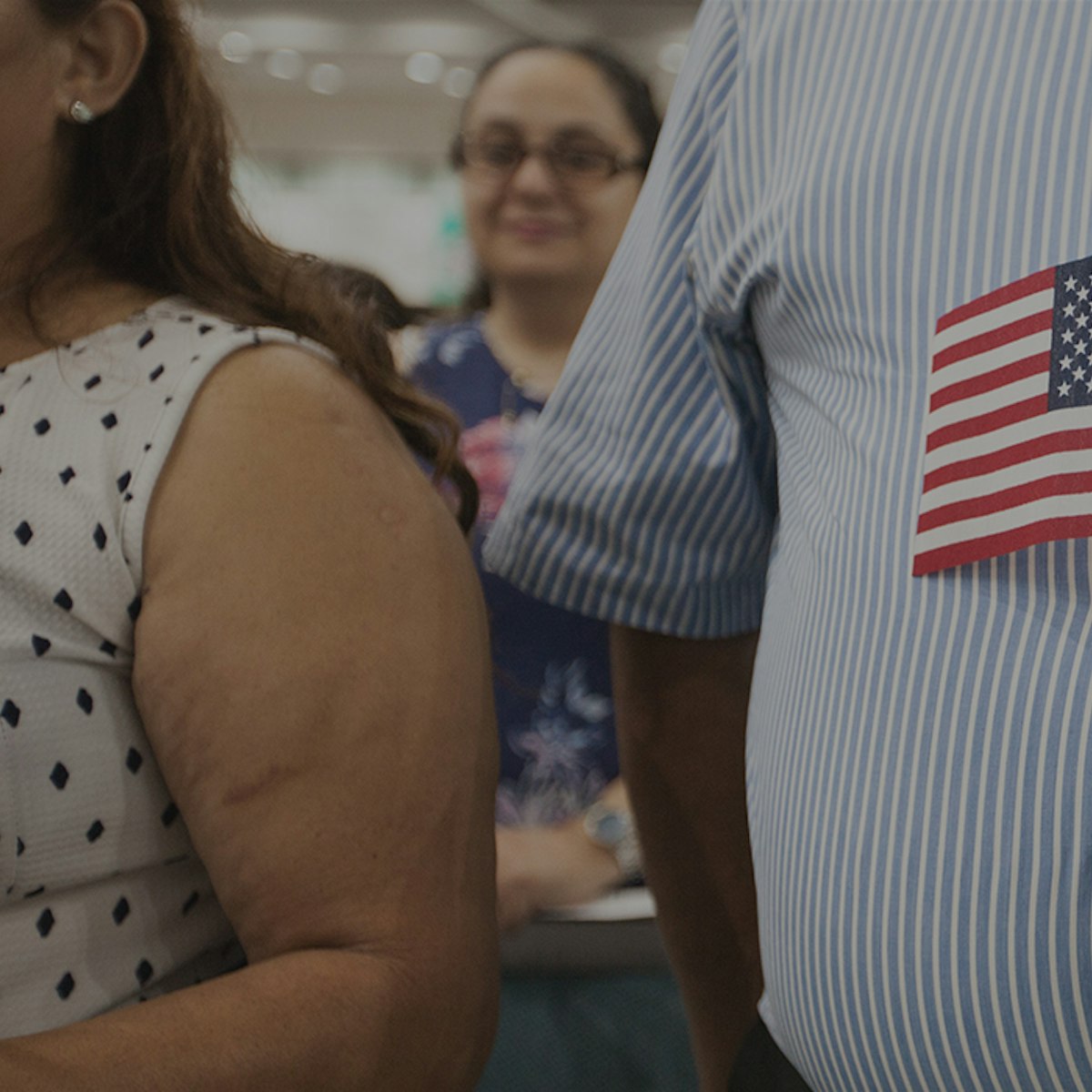What’s Been Proposed?
The Department of Homeland Security is proposing two major changes to the way H-1B visas are selected for U.S. employers applying to hire highly-skilled workers. For a full overview, read our analysis here.
Congress has capped the number of H-1B visas issued each year at 65,000, plus 20,000 for those with advanced degrees from U.S. universities, Because the demand for H-1B visas dramatically outweighs the supply, a randomized lottery is used to select which petitions will be adjudicated. In 2018, petitioners filed 190,098 applications in the first week, exhausting the supply of 85,000 visas almost immediately.
The proposed rule would establish a digital pre-registration process. While there are positive steps proposed in this rule to digitize the filing process and make recruiting needed talent easier and more efficient, rushing to implement for the FY2020 filing season would force significant costs on employers who have already prepared to petition qualified workers under the current system. This process would require little information to enroll in, increasing the possibility the system may be flooded with weak “placeholder” applications, disadvantaging honest employers.
Further, the proposal would change the way the agency selects petitions by lumping those with advanced degrees from U.S. institutions in with the larger pool first – this means foreign nationals with degrees from abroad, or bachelor’s degrees from U.S. institutions, would have a lower chance of securing H-1B status. It could also be used to further restrict legal immigration without Congressional approval. DHS should delay implementation and engage the business community before moving forward with this proposal.
Why Leave a Comment Today?
Federal law gives all of us a chance to fight back, by submitting a “public comment” on the proposed H-1B regulation. The government must consider each perspective and either explain why they disagree with it or change the rule.
We strongly encourage you to make your comment unique by editing the draft text box. Your comments could, for instance, explain how implementing the rule in April 2019 would force significant costs of money, time, and resources on your company, or how ambiguous or misguided elements of the proposal would limit your ability to fill crucial roles.
Make sure your comment is submitted on or before January 2nd. Don’t delay! This comment period is the best — and possibly only — period for the public to weigh in.
Your voice matters. Leave a public comment today.


